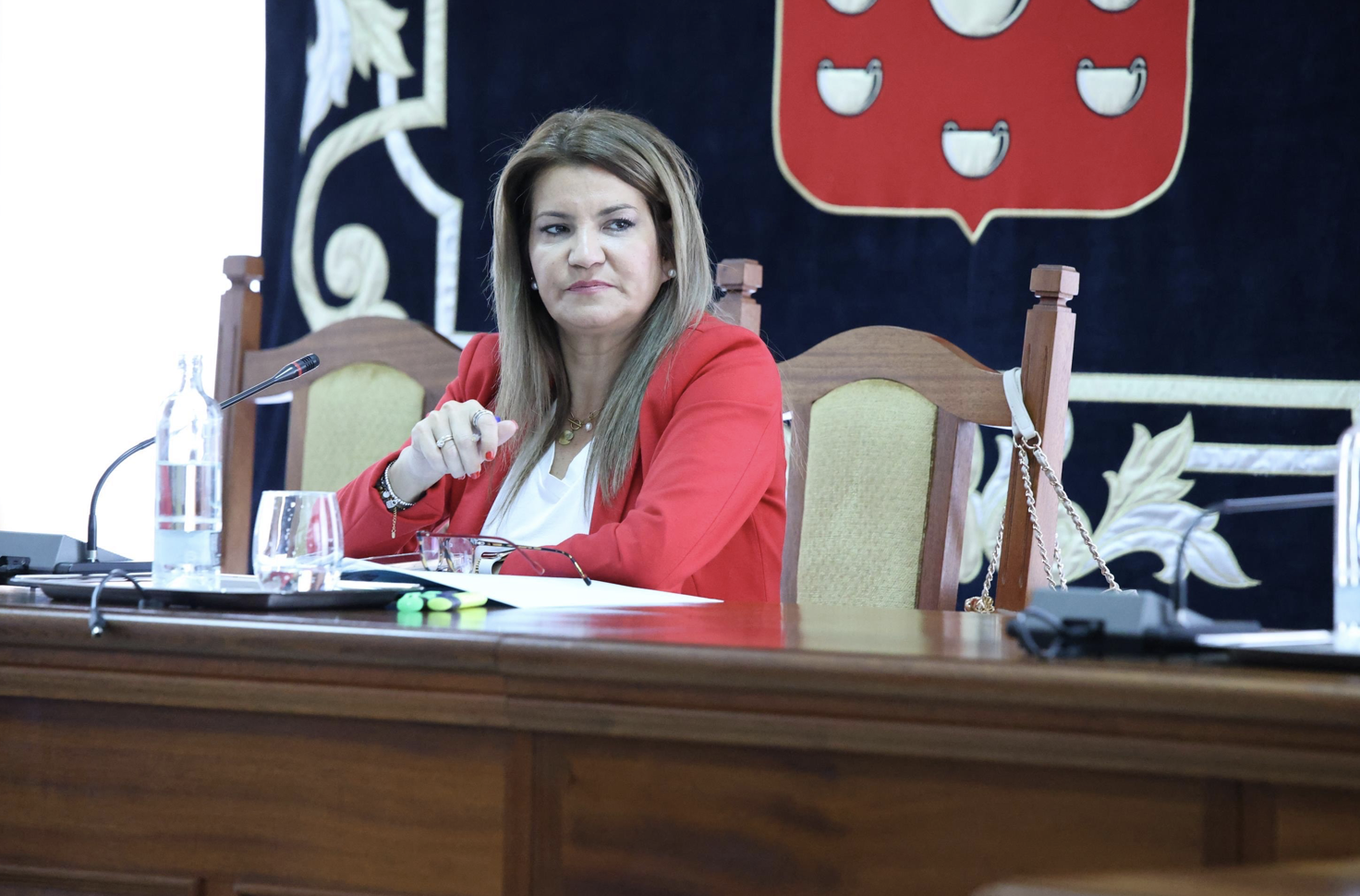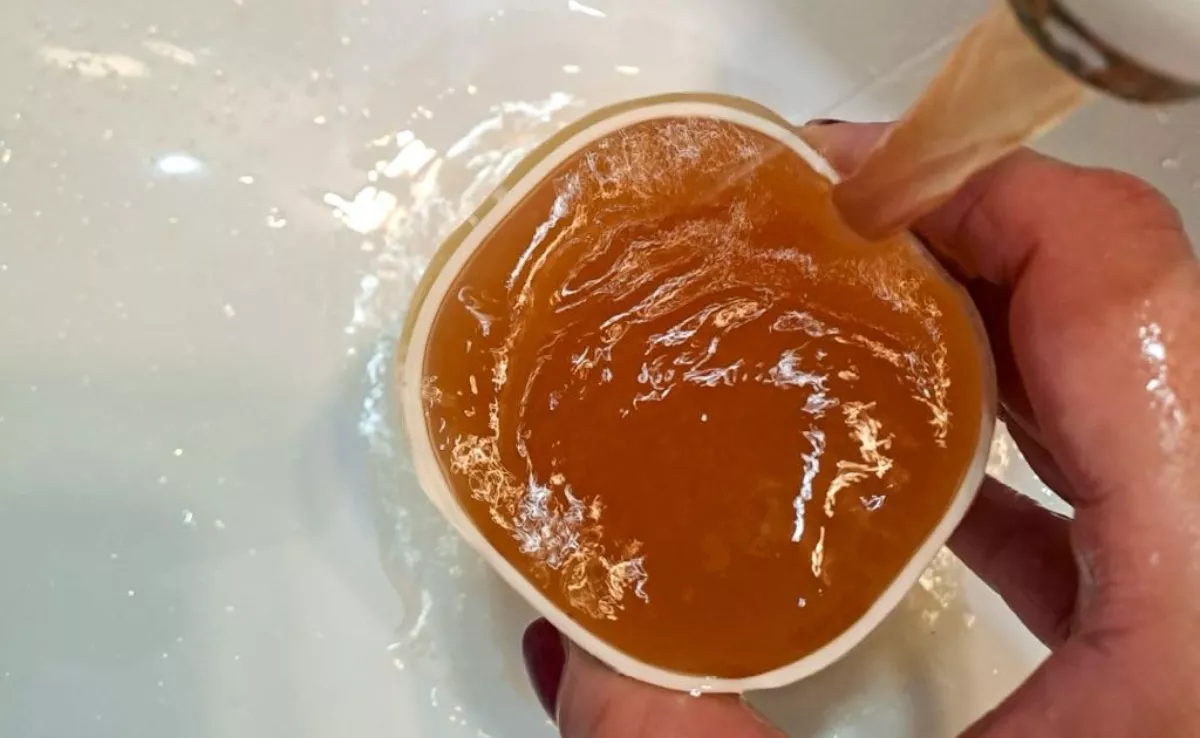The Cabildo of Tenerife Develops a Pioneering Platform to Enhance the Resilience and Protection of Vineyards on the Island
VidDATA is an innovative tool developed by ITER aimed at climate consulting and agricultural planning, with a particular focus on viticulture
The Technological and Renewable Energy Institute (ITER), under the Cabildo of Tenerife, has developed VidDATA, a pioneering platform designed to analyse climate evolution and its impact on viticulture in the Canary Islands. Its features include real-time climate consulting to plan activities according to weather forecasts, analysis of climate evolution in cultivated areas, generation of climate projections and agroclimatic indices, identification of optimal zones for vine cultivation based on various scenarios, and simulation of production costs for viticulture.
According to President Rosa Dávila, this new tool represents a continued effort to strengthen and collaborate with the viticulture sector, which is currently experiencing one of its toughest periods. “Our commitment is to secure and protect our crops and our identity; this is a step forward in adapting viticulture to climate change as we face uncontrollable weather situations and pests.”
Utilising high-resolution climate models developed by the GOTA group and executed on the TEIDE-HPC supercomputer, the tool will also provide specific data tailored to the territory, allowing for agricultural planning customised to each area and situation.
In a context where climate variability poses an increasing challenge for the viticulture sector, VidDATA emerges as an innovative solution enabling producers, technicians, and experts to make decisions based on high-resolution climate data adapted to the characteristics of the Canary Islands. The platform focuses particularly on vine cultivation, a key sector in the Canary Islands, although its methodology could be extended to other crops in the future.
The project has a budget of €574,119.48 and was developed in collaboration with the Interaction, TIC and Education (ITED) and Agro-food Economy in the Canary Islands (ECOAGROCAN) groups from the University of La Laguna (ULL), partners in a project funded by the Ministry of Science and Innovation and the State Research Agency under the framework of the R&D&I Collaboration Challenges Projects 2019. Moreover, it has received support from the GOTA group, the University of La Laguna (ULL), and the Designations of Origin (DO) from the viticulture sector.
An Essential Tool for the Viticulture Sector in the Canary Islands
For Juan José Martínez, insular councillor for Innovation at the Cabildo of Tenerife, “VidDATA is a clear example of how science and technology can be put to the service of the territory and the primary sector. The Cabildo is committed to tools that strengthen the resilience of the viticulture sector in the face of climate change, and this platform showcases the tremendous potential our institutions have when collaborating with universities and the agricultural sector.”
The tool marks a significant turning point in viticultural management in the Canary Islands, providing tools for decision-making based on scientific and technological data. Its capability to incorporate climate information into viticultural planning will enable more efficient and sustainable management of vineyards, assisting the sector in adapting to the challenges posed by climate change and ensuring the viability of viticulture in the archipelago.
A High-Precision Data Ecosystem
VidDATA rests on a robust and scalable technological architecture designed to adapt to the needs of the viticulture sector and evolve with climatic, political, or economic changes. The platform encompasses over 3.5 billion meteorological, climatic, and viticultural production records from seven distinct data sources, visualised through more than 60 interactive dashboards, facilitating analysis and decision-making for users.
To enhance data accuracy, advanced interpolation methodologies are applied to adjust climate information to different periods and agricultural conditions. Additionally, collaboration with the Designations of Origin (DO) in the viticulture sector has allowed for the incorporation of detailed harvest traceability data, providing a crucial dimension for directly correlating the impact of climatic variables with viticultural production.














